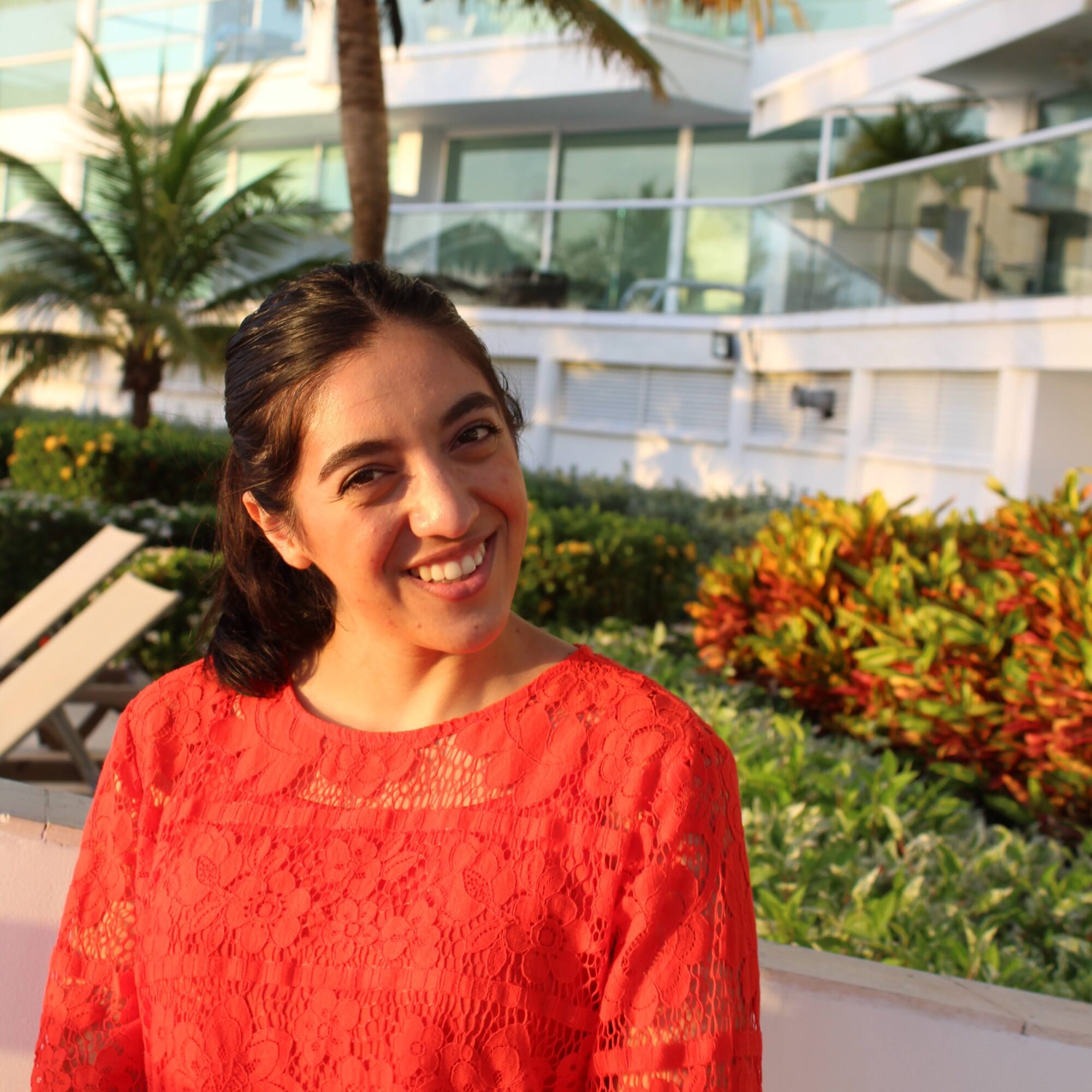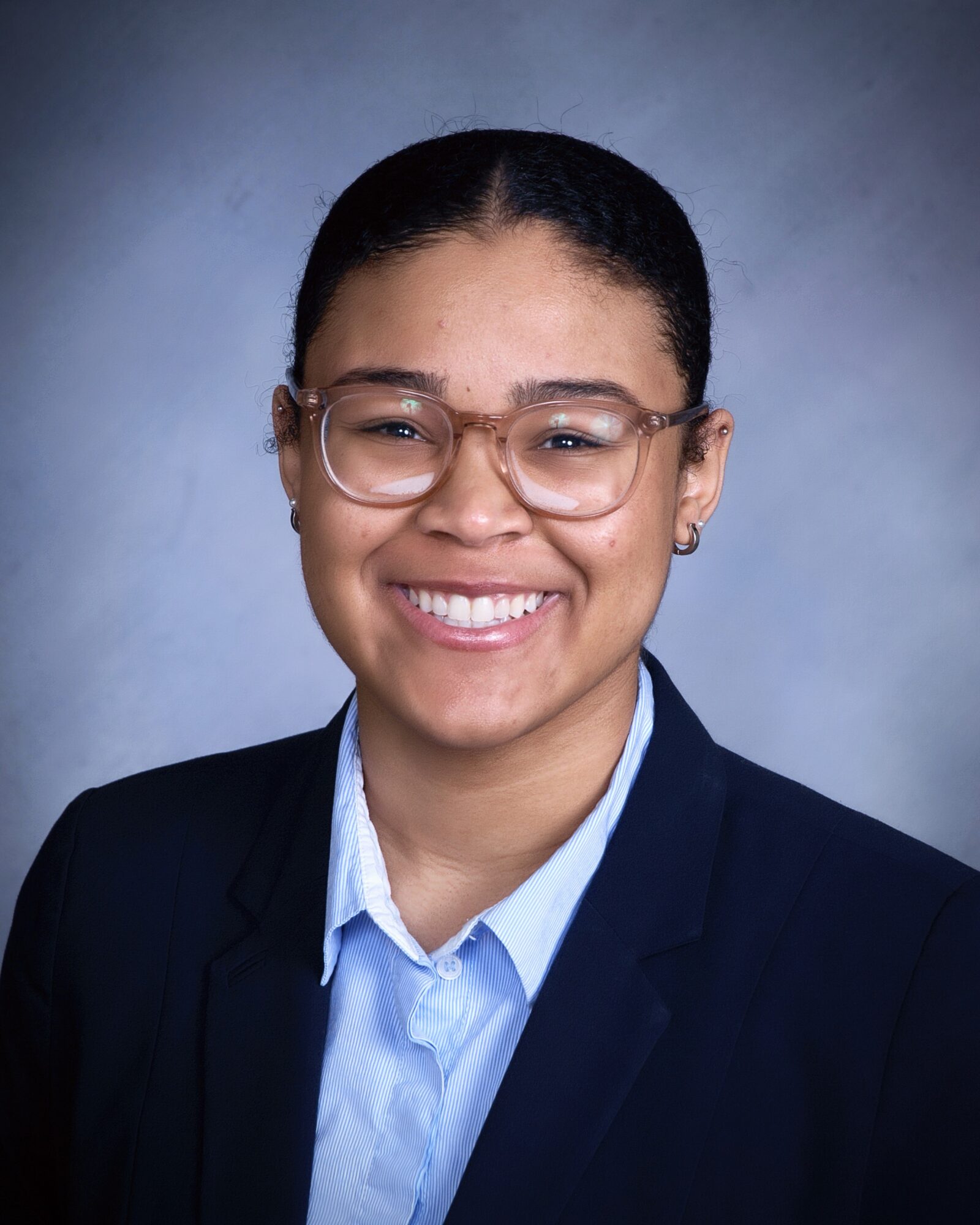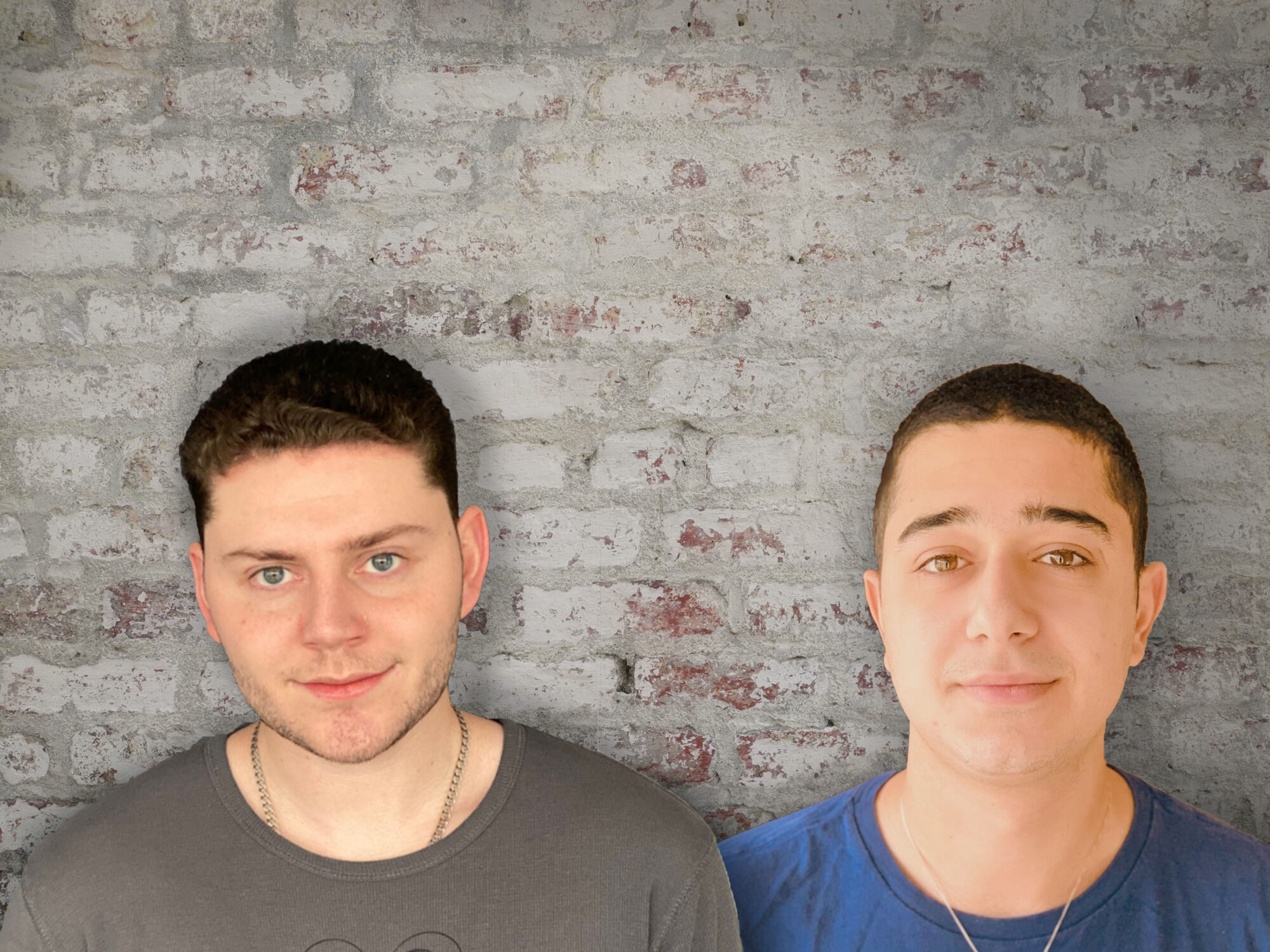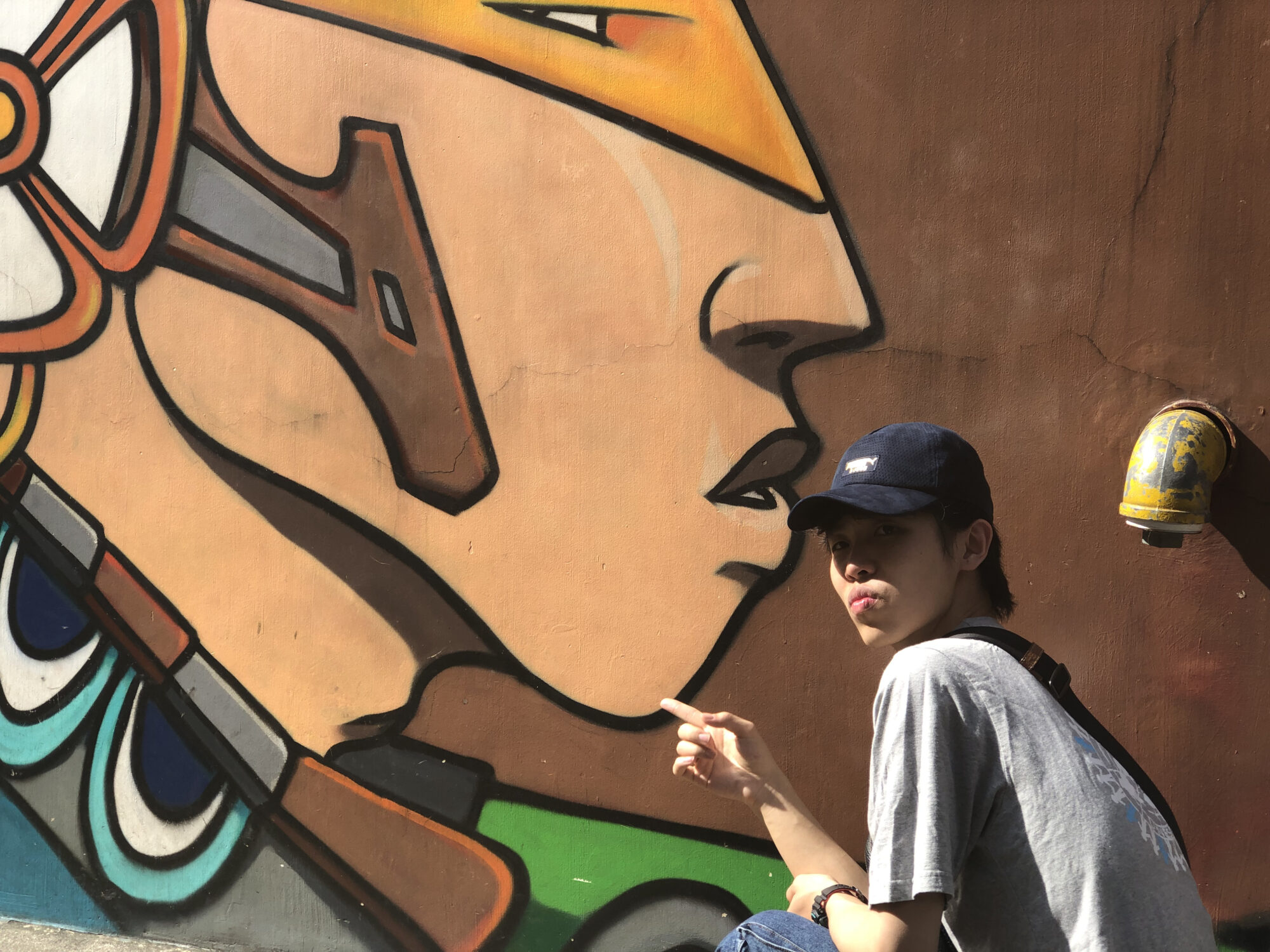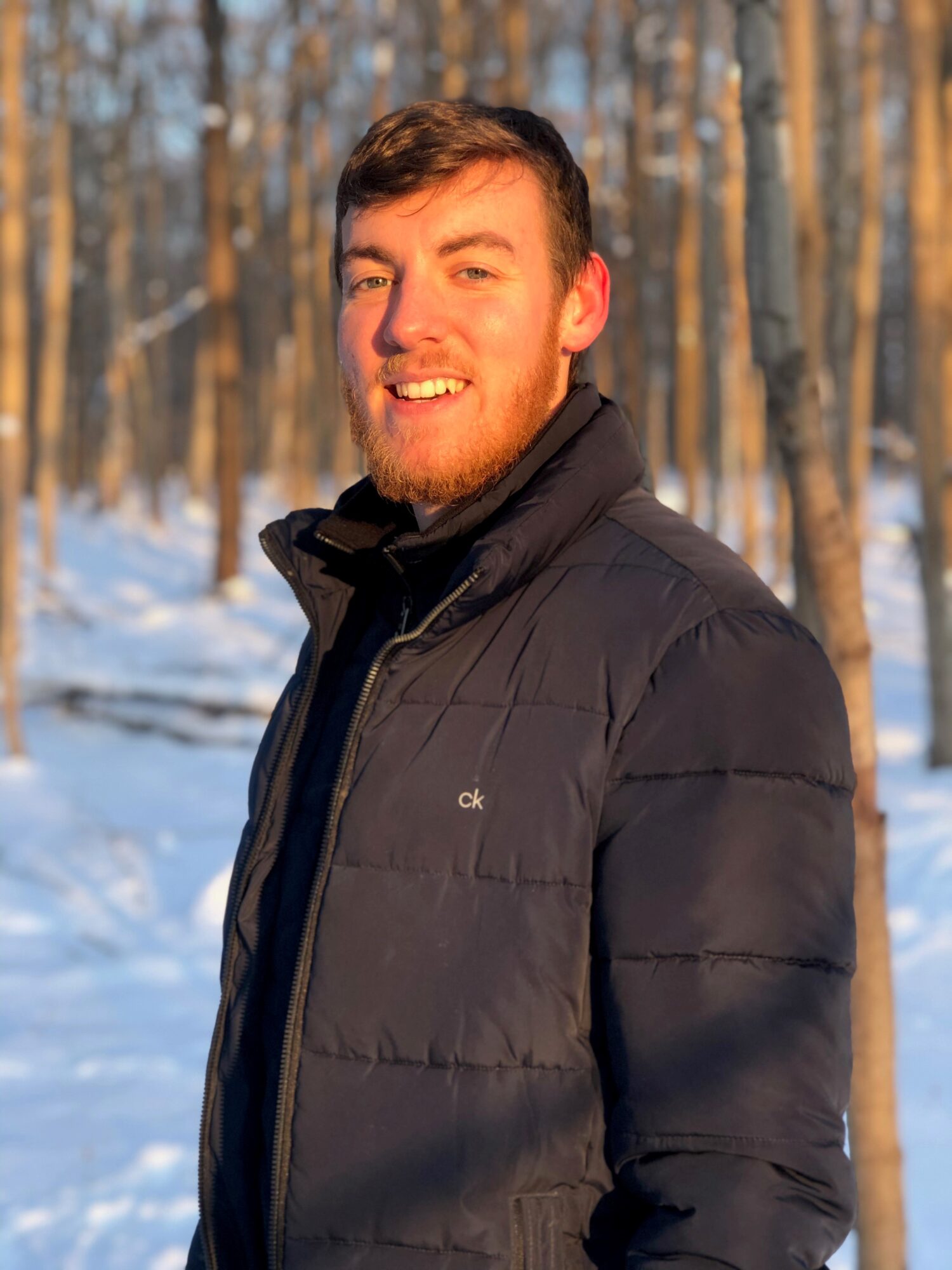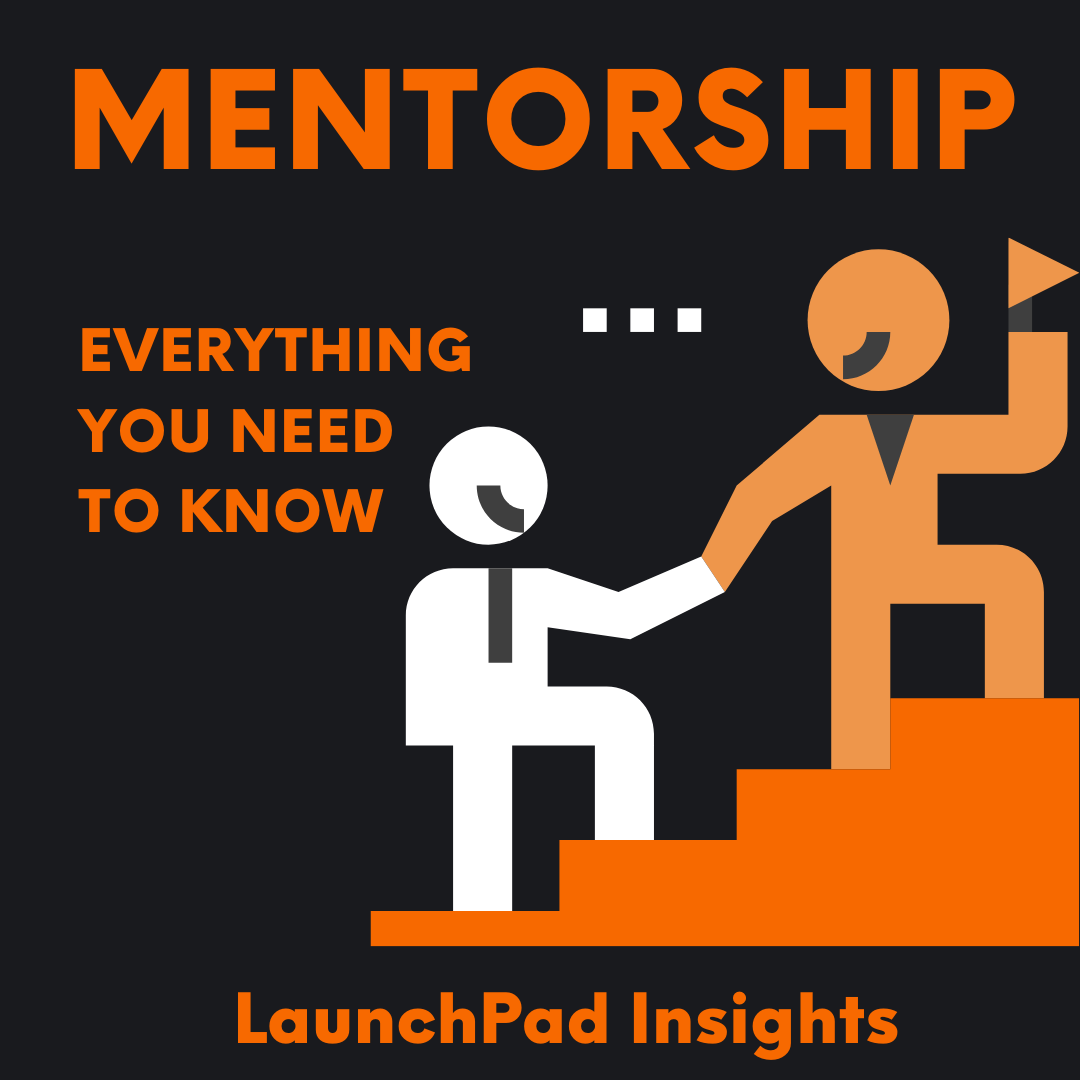
Imagine learning calculus without a professor or Tae Kwon Do without an instructor. It’s doable, perhaps, but you’ll learn more slowly, experience a more mistakes along the way, and miss out on some valuable tips and tricks that would help you better understand the process.
Or, consider this situation: You have been banging your head against the wall trying to figure out the best bookkeeping platform to use for your small business. Maybe you’re looking to develop an app but don’t know what tech platform to use to create a Minimum Viable Product.
Or maybe you have a bigger decision you need to make: What if you aren’t sure how many shares of your startup to give up for investment funding? Or don’t know how to select the right people for your team? Perhaps you don’t understand the patent process or how to develop a customer acquisition model to develop and manage potential client leads.
But who do you turn to with these questions? How do you find a Sherpa for life, business, and entrepreneurship?
The answer is a mentor.
A mentor is an experienced and trusted advisor who you can turn to for questions, feedback, and guidance. An entrepreneur can have multiple mentors for different purposes. For instance, you may have a knowledgeable CEO answer your questions about developing a strong business model in your industry, but you may also be in contact with a software programmer who could help you identify technical flaws in your program.
Where do you find these mentors? Often times, they are within your very own network. It’s important to take time and reflect on who you know that could be a valuable connection in starting your business. Friends? Relatives? Past employers? Co-workers? Fellow students? Past speakers from networking events?
If there is still a certain subject matter expert you lack within your own network, begin to ask whether those around you know someone they can connect you directly with. Do you have friends or advisors who have an extensive network of their own? They can introduce you to exactly who you need.
Otherwise, it’s time to do some proactive networking anew. With a few LinkedIn messages and phone calls, you could very well be on your way to forming a mentorship relationship with someone you previously thought was out of reach.
Here are some tips to get started on reaching out to a potential mentor on LinkedIn or over email:
- Make sure your message is personalized. Do not send the same cold message to every person you reach out to. Do some research on why this connection would be a good fit and make sure to add a personal touch with a note about work of theirs you admire or similarities you share.
- Come prepared with a question (or several) and any materials relevant to the questions you need answered. This will demonstrate that you are dedicated, organized and engaged, making you someone a mentor would be more eager to work with.
- If you ask for a phone call, ask for a brief one. If your new connection chooses to spend an hour talking with you once you get them on the phone, that’s great! But to start, ask for just 10 minutes of their time, and they will be more open to hopping on a call with you. Once you’re on call, stick to the promised time unless they offer to speak longer.
- Follow up with a thank you email and continue to build your relationship with the potential mentor. If they are open to answering more questions, include another in your email or schedule check-in phone calls to touch base and provide updates.
Once you have a mentor, it’s imperative that you offer them the sincere gratitude and recognition they deserve. When you pitch your business, make sure you have a slide or section that highlights your advisors.
Unsure where to start looking for a mentor? Syracuse University’s Blackstone LaunchPad & Techstars has on-line resources for mentoring, along with an extensive network of seasoned alumni experts and successful entrepreneurs. It also offers a peer-to-peer Rubin Family Innovation network staffed by successful student founders. Additionally it hosts an Entrepreneur in Residence Program with top notch alumni and faculty advisors.
Interested in becoming a LaunchPad mentor? Apply here.
Want to find a mentor? Start connecting with LaunchPad mentors by joining here and requesting a mentor here, or email us at launchpad@syr.edu.
Story by Sasha Temerte ’23, LaunchPad Orange Ambassador
